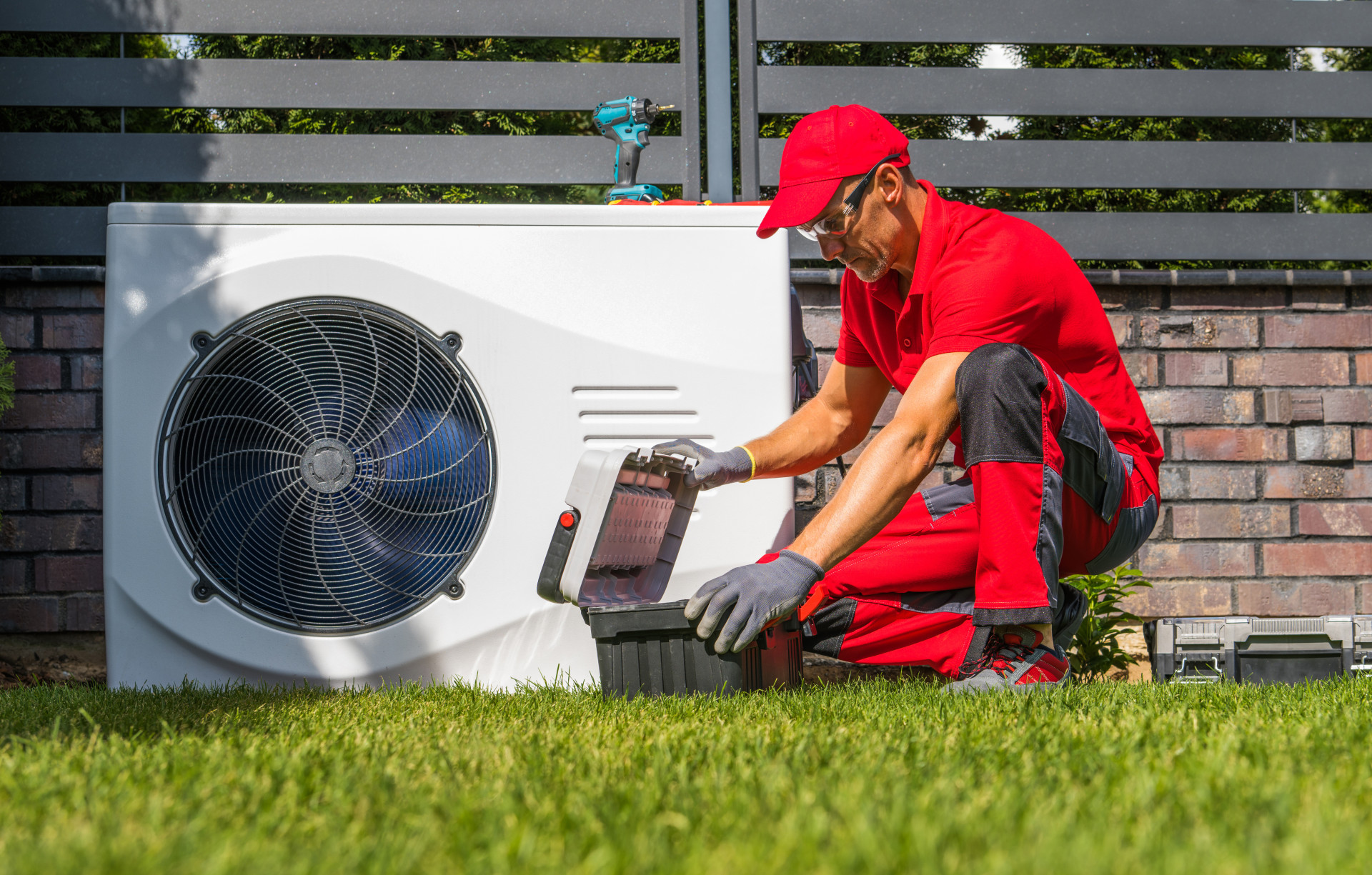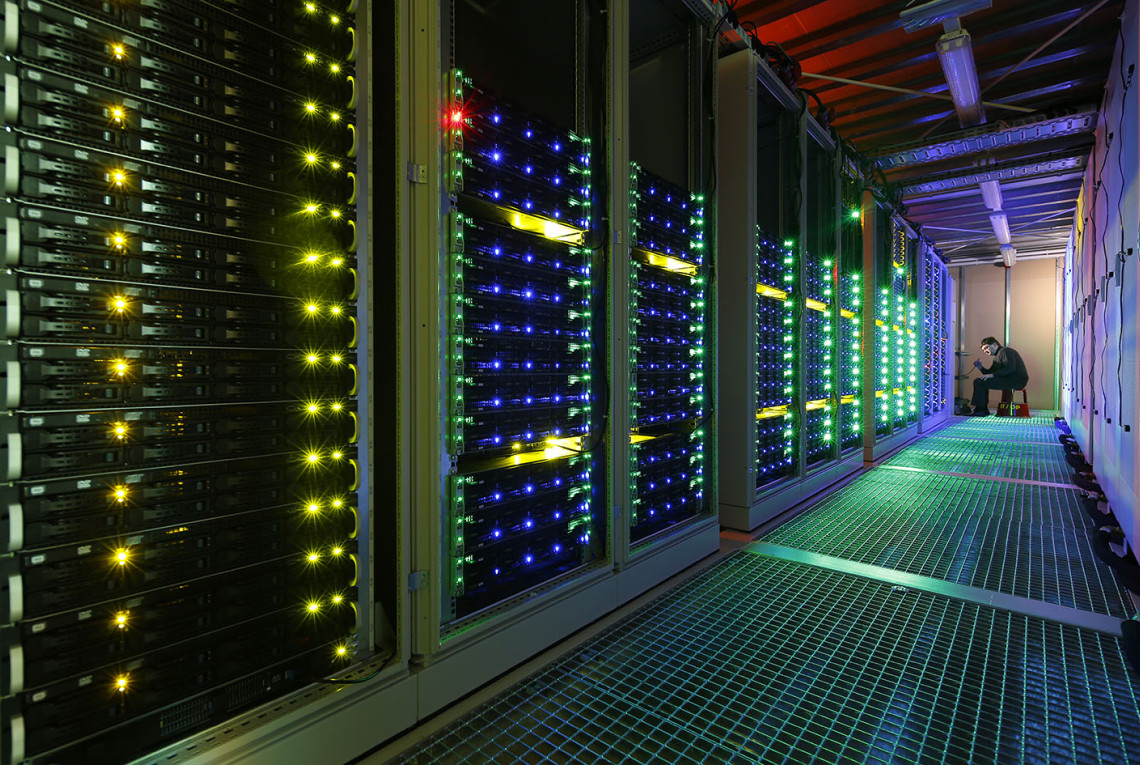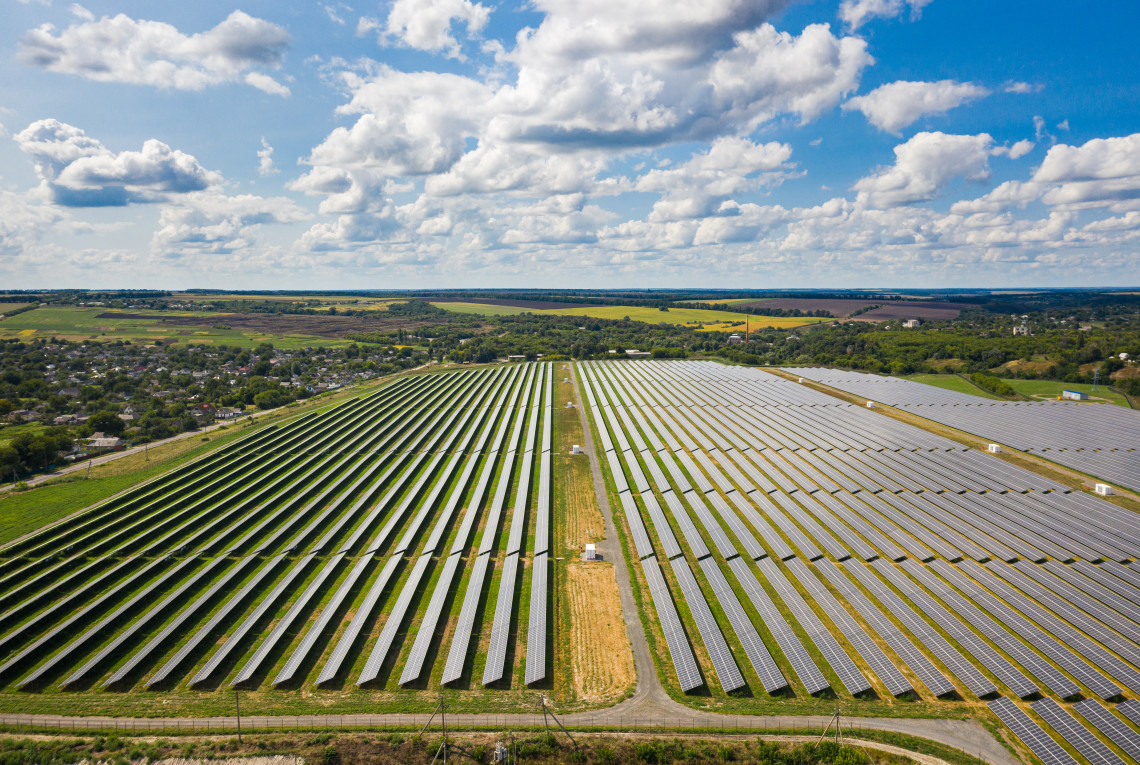Facts about the climate: Sustainable heating with heat pumps
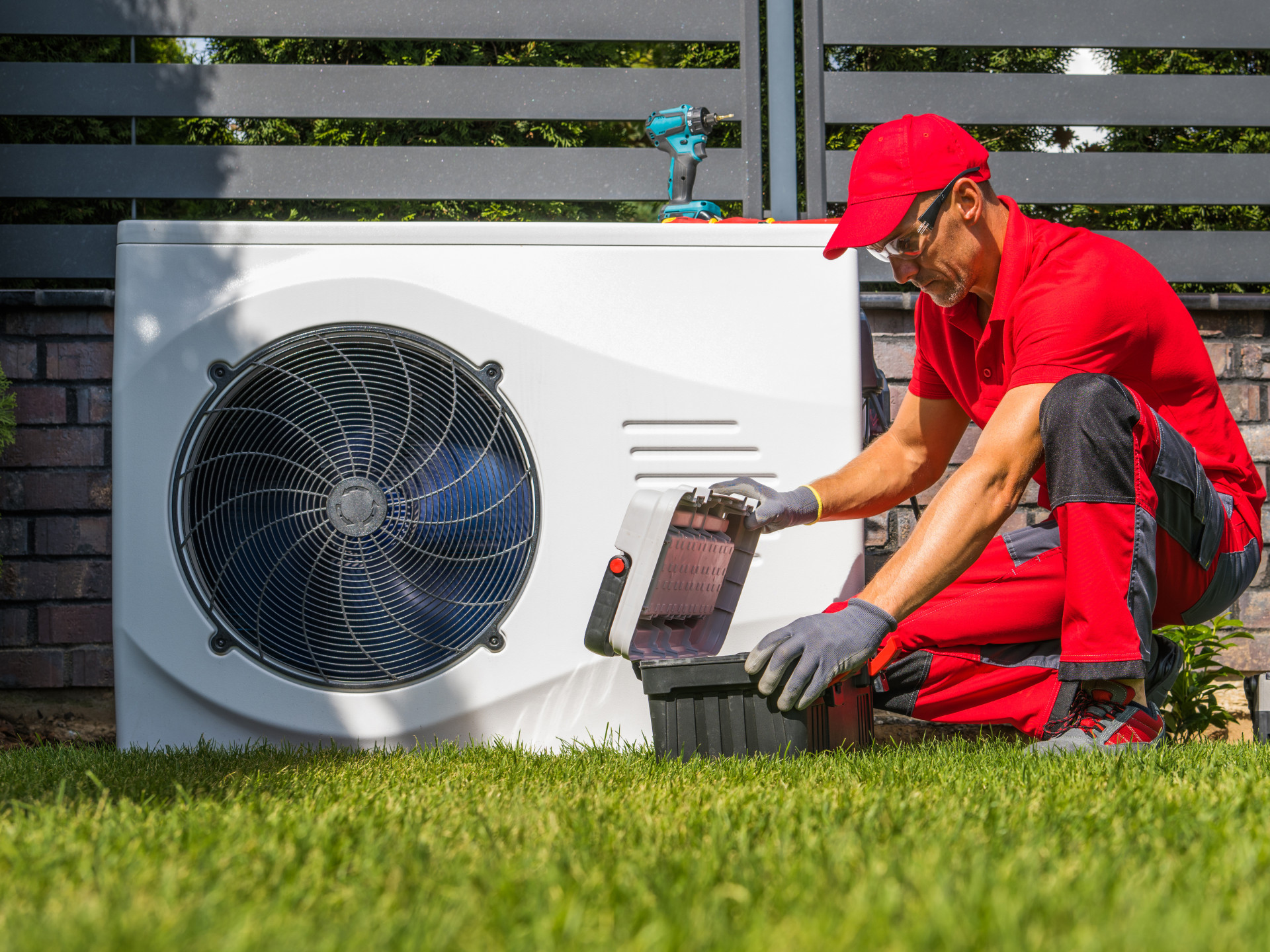
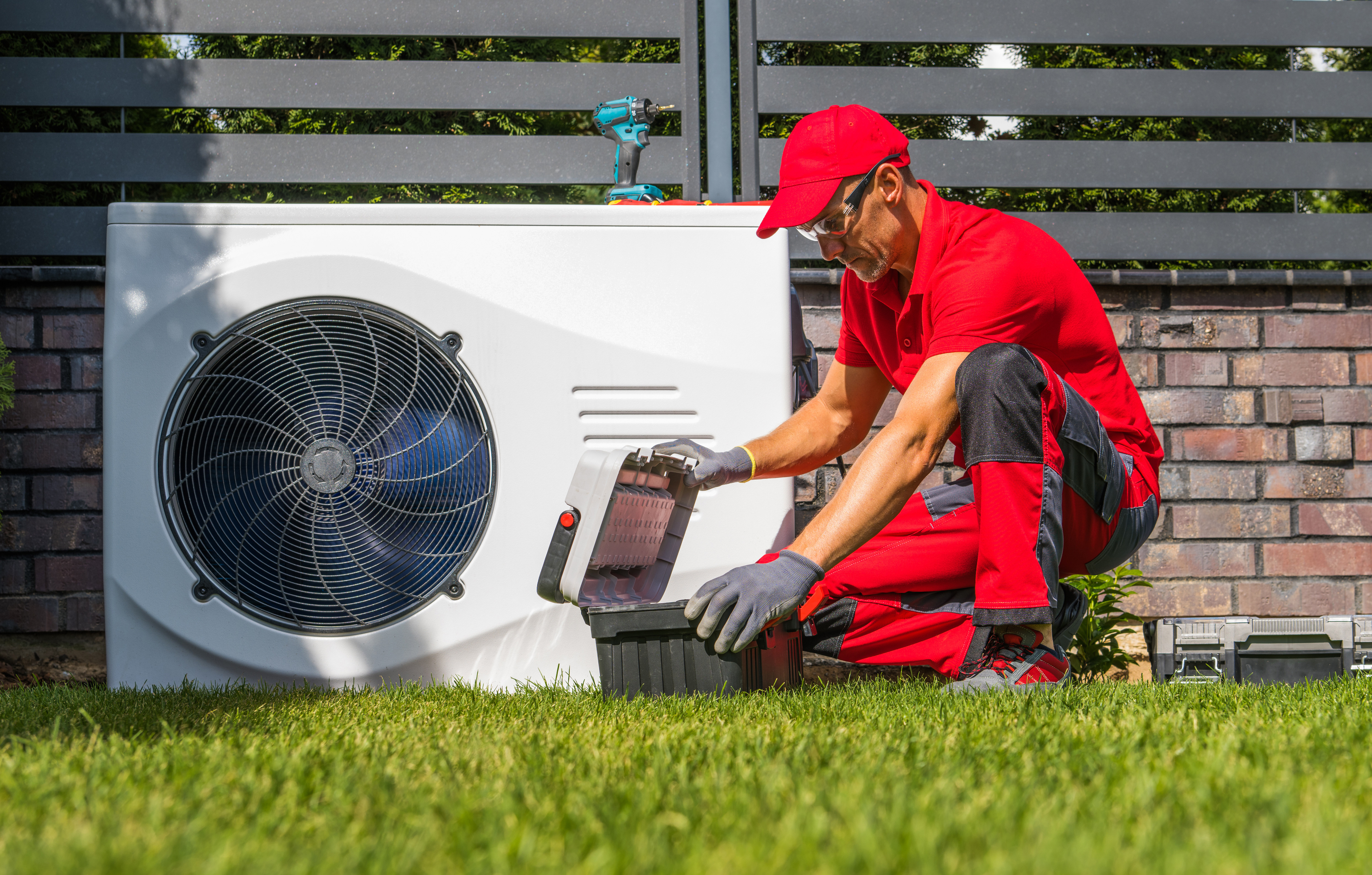
Around one third of all CO2 emissions in Germany are caused by space and water heating. Heat pumps can make an important contribution here. Switching from oil heating to a heat pump today can halve CO2 emissions. Powered by green electricity, heat pumps are even emission-free.
Private households and public buildings use nearly 35 percent of the total final energy in Germany, primarily for heating and hot water. They account for approximately 30 percent of all CO2 emissions. In this sector electric heat pumps can make an important contribution to achieving climate neutrality in Germany by 2045.
Compared with oil and gas heating systems, heat pumps are more efficient because they draw two-thirds of the energy from the environment (air, ground or groundwater) and only one-third from electricity. This efficiency advantage currently compensates for the price difference compared to heating oil and natural gas.
The higher the share of renewable energy in the electricity, the more ecological heating with heat pumps becomes. At an average efficiency level, today’s heat pumps cause 40 to 55 percent less CO2 emissions than oil heating systems. Since heat pumps do not consume fossil fuels, they do not cause CO2 emissions on site. Powered by green electricity, heat pumps are therefore even emission-free.
Switching to a heat pump also brings important benefits for air quality and human health: it does not produce nitrogen oxides (NOx) and particulate matter like oil and gas heating systems do.
Heat pumps can also play an important role in decarbonizing or reducing CO2 emissions in energy-intensive industrial processes. The paper and chemical industries, for example, require process heat temperatures of up to 500°C. The Institute for Low-Carbon Industrial Processes at the German Aerospace Center (DLR) is examining how this can work with high-temperature heat pumps. More information can be found in our new factsheet.
